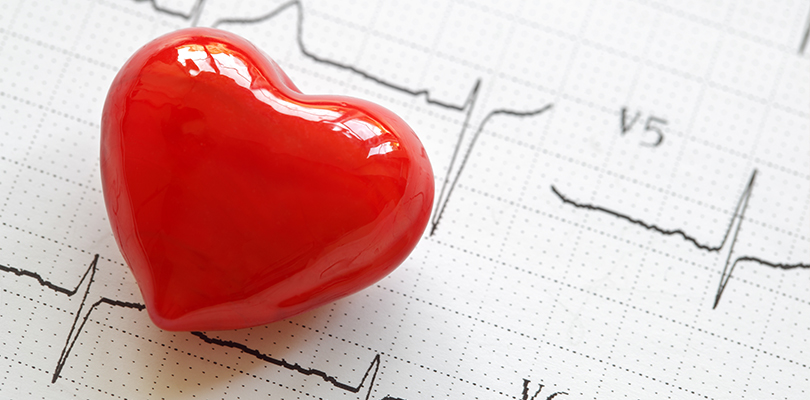Is Expired Medication Safe?
Whether you live with a family of four or by yourself having a medicine cabinet with a decent amount of expired medications is not uncommon. Since a law was passed in 1979, every modern medication features an expiration date, but what does that mean? Is it safe to take expired medicine? Is it effective? Do the expiration dates matter?
Let’s dig a bit deeper.
How Does Medication Expire?
According to an article published in the Harvard Health Publishing, the US military requested a study to be done by the FDA detailing the effectiveness and safety of expired medications. According to the results of the study, 90 percent of over 100 drugs were safe to and useful up to 15 years past the expiration date.
While the potency can decrease over time, most drugs will still maintain the vast majority of the potency they were manufactured with. Some medications can be preserved even longer if they’re placed in a refrigerator.
Even though many medications can be useful years after their expiration date, manufacturers often put an early expiration date that they can guarantee the medicine will still be effective by. These are dates that the manufacturer has been able to test to. Anything passed these dates are often uncharted territories.
According to the Harvard article, if manufacturers were able to test to further dates, it would likely strain their resources. This could result in new medications taking significantly longer to be developed.
What Are Some of the Potential Side-Effects of Taking Expired Medications?
As we discussed earlier, one of the potential side effects of taking a medication passed its expiration date is a slight loss in potency. So what are some of the other potential side effects?
Unfortunately, there are some medications where your safety can be put at risk if taken after their expiration date. If your medication is life-saving or very important, it can be detrimental to your health if the medication isn’t in it’s best state. An example of a medicine like this would be insulin for diabetics. Other medications may even change color, and they may break down into a powder, or even their chemical properties.
Overall, the most concerning side effect of taking expired medication is the unpredictability. This is why it’s important to check with a health professional before taking expired medications. They’ll be able to tell you the potential harm, or lack thereof from taking an expired medicine.
Expired Medications That Should Never Be Taken
Medications that are life-saving or required, like insulin, should never be taken when they’re expired. Often, these medications must be at their best quality (in other words, not passed their expiration date) for one to benefit fully from them.
Some medications require their full potency to work properly, which is why taking expired birth control pills or antibiotics is also not recommended.
Polymyalgia rheumatica is a prevalent inflammatory condition that triggers muscle aches and pain, stiffness, and flu-like symptoms.
According to Pharmacist, Megan Nichole, other medications that quickly lose potency are, nitroglycerin, epinephrine, theophylline, phenobarbital, procainamide SR, thyroid hormone and phenytoin.
Medications that one should overall avoid taking when expired include Warfarin, anti-seizure medications, and Digoxin. Using expired eye drops can also run the risk of infection, so avoid using those expired eye drops you’ve had sitting in your medicine cabinet for the past few years.
Tips for Disposing of Expired Medication
If you decide not to take expired medication, or your doctor said it might not be safe to take the expired medication, you should not dispose of it in a normal garbage.
Outside of a few medications, flushing it down the toilet should also be avoided because there is a chance it can contaminate the water system. However, it is imperative that these medications be flushed down the toilet immediately once they’re expired because they can put yourself or others at risk if not disposed of properly.
Many pharmacies or doctors’ offices have disposal bins where you can safely throw out your medications, so you’re not putting yourself or anyone else at risk.
The DEA is also known for hosting National Prescription Drug Take-Back events. These events occur in communities throughout the US where they have safe disposal sites for prescription drugs.
Outside of these periodic events, the DEA also has permanent, registered collection sites or drop-boxes where most prescription drugs can be safely disposed of.
In the End, Is It Really Worth the Risk?
Overall, unless explicitly told so by a healthcare professional, it’s better to avoid taking expired medication. There are too many factors at play, and the medication may no longer work as it’s intended to. This can result in various complications (like infection), or a drop in potency that could put your health at risk with medications like insulin and epinephrine.
When in doubt, speak to a healthcare professional. They’ll be able to tell you whether you should or should not take that expired medication.







